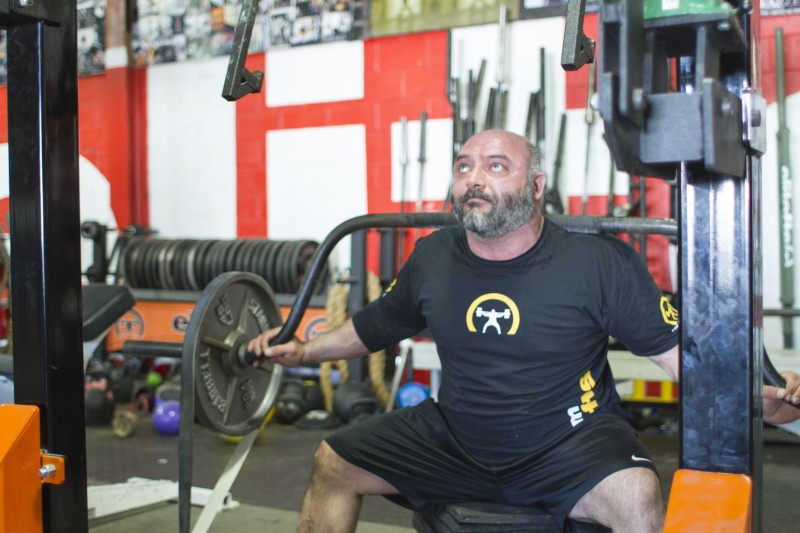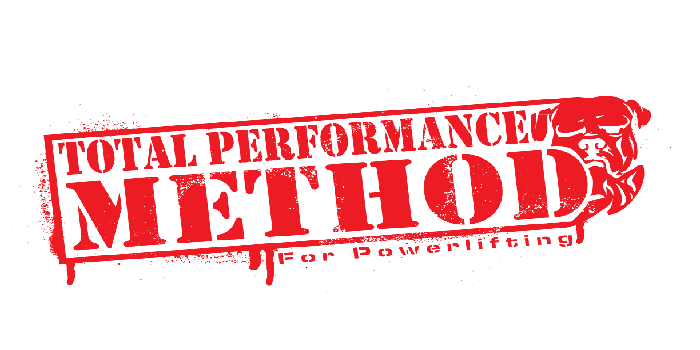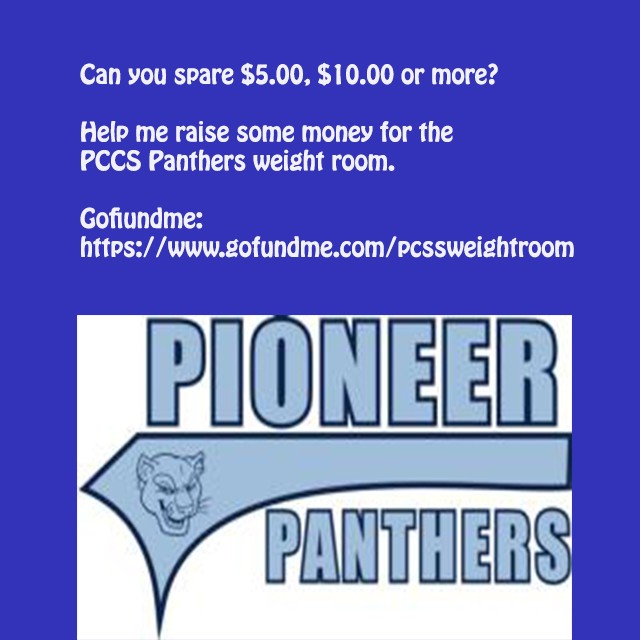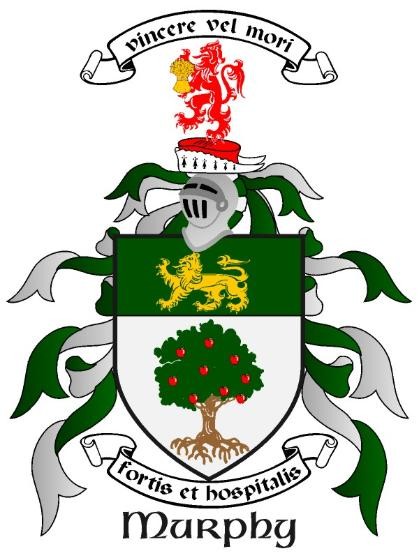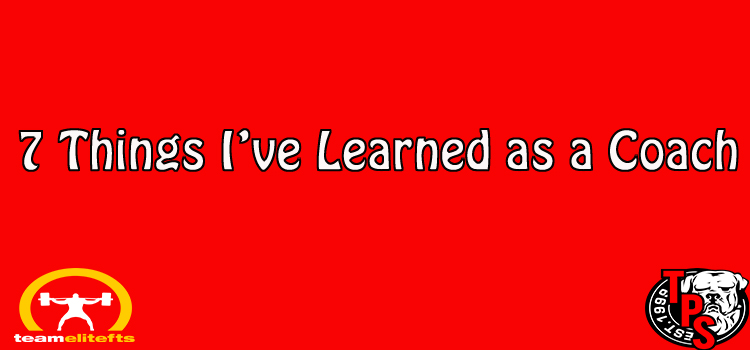
I’ve been doing this for a while now, longer than most, and there are a lot of people in the industry who are much smarter than me, I have an edge.
I know a lot simply based on my time in the industry, and my willingness to learn.
I try to learn something new every day.
Maybe not about training, but something useful and new.
I also believe that you cannot stop learning if you want to be better today than you were yesterday.
I’ve been coaching people since that late 1980’s and I like to think I know a small amount, not because I am wicked smart, but because of osmosis. You learn just by being in the field, and if you TRY to learn, you’ll learn more.
So, today I’ll share with you 7 Things I’ve Learned as a Coach and I’ll brain dump them in no particular order.
1. You can learn from anyone, especially beginners.
I’ve learned more about how to coach people by training brand new people than by training veteran athletes/lifters.
A new trainee knows almost nothing, has little ability to recruit the nervous system and isn’t very strong.
They may have bad balance, don’t grasp what you want them to do and so forth.
The veteran lifter/athlete doesn’t need as much work.
They get it.
Training new people will present you with many challenges that you’ll have to adapt to in order to give them the best result. It makes you a better coach.
I remember way back in the day when I took Arnis.
We would do knife sparring once or twice a week and we used magic markers instead of live blades.
Yeah, I know, we pussed out.
Anyway, you get a few black or brown belts training who knew the system and played by the system, you could avoid a lot of the getting stabbed part.
But, toss in a person who is brand new, and give them a knife (marker) with no “knife training” and tell them to go and stab and slice their opponent and see what happens.
I’ll tell you, I’d leave with 5000 magic marker cuts and slashes from the new guy.
I learned more from them than from equally skilled opponents.
I also learned not to fight someone with a knife.
That shit you see in the movies is all fake.
You’re getting cut.
You can learn from sources outside of coaching too.
Look around. Subscribe to some newsletters, go to some websites, read a book.
Look outside the coaching industry too.
It will pay off.
2. Your athletes/lifters will not always hit PR’s, and it’s not your fault, sometimes.
Lifters will have peaks and valleys over their careers.
Beginners will almost always consistently PR no matter what they are doing for a program.
It’s not your wizardry as a programmer or coach, it is because they are new and are still learning how to be better at the lifts. Their nervous system gets better at recruitment each time they train.
I see coaches (and lifters) complain that their lifters didn’t hit a PR after each training cycle of all of their lifts.
Listen, if you’ve been training for a while, or training AND competing, you may see a lift go down.
It is not uncommon to see one lift stall and one go up.
Let’s say your bench just went up by 30 pounds and your squat is the same since your last meet…..who cares.
If your lifts are all exploding all the time it means that you are either a RAW beginner or that you sandbag it in the gym and on the platform.
Sometimes it is not the coaches fault, sometimes it is.
If your coach does not grasp programming well and has you:
- At too high of an intensity for too long
- Does not include proper assistance/accessory work
- Does not believe in accessory work
- Totally reverses their opinions/techniques frequently
- Has you set PR’s in the gym frequently
you may want a new one.
Are you missing lifts in the gym?
That’s the coaches fault.
(Unless you are the nightmare mess that is out drinking and partying 4 nights a week, then it’s your fault.)
Your coach is either picking weights that are too heavy for you, or just doesn’t know how to coach.
Your lifters should PR at the meet.
Maybe not on all 3 lifts, but on at least two and the total.
It is your job to ensure this.
If your lifter is missing lifts in the gym, especially close to a meet, it sets them up to FAIL mentally.
You need to protect your lifters and choose the right attempts, both in the gym, and on the platform.
Let’s wrap this part up:
Coaches, don’t let your ego get in the way of your athlete’s success. Choose weights that they can hit in the gym, save the biggest ones for their third attempts.
If your lifters are not hitting PR’s every training cycle on all of their lifts (and they are not beginners) but they are on the other two, that’s a win.
3. Have an open mind
This can be with anything you come across.
Don’t dismiss something until you at least look into it and try it.
Just because you don’t agree on the surface, does not mean it doesn’t have value.
I have said before that I like to be like Bruce Lee and take what works and toss what doesn’t.
There are lots of things I thought were garbage, but then I tried them and guess what I found out?
I was right. They were garbage.
Guess what else, I also found out that I was wrong sometimes. Sometimes it was not garbage, and it was good and I could use something from it.
This, over they years taught me that I have to have an open mind.
I think this really occurred outside the training room about 8 years ago.
I was fighting with my computer and some software, I think it was an update, and one of the kids who works for me came in the office asking what I was screaming about.
I took a deep breath and complained about my current situation, and he asked me for the keyboard.
I had zero faith he would fix it, but I needed a break. About 12 seconds later it was fixed.
This ties into lesson #1- You can learn from anyone.
I asked him what he did, and had he told me before, I would have said it wouldn’t work.
I would have been wrong.
The moral of this section: there are things out there that you don’t know.
You know what you know.
You know what you don’t know.
You also don’t know what you don’t know, so keep an open mind and try new things in training, in recovery, mobility, teaching approaches, technique, programming, whatever.
You never know, you might strike gold.
4. Your way isn’t the only way.
I always say that you can take the 109 bus from Sullivan Station in Charlestown, and the 104 bus from the same station, and they both let you off at corner of Broadway and Ferry Street in the same amount of time.
What the hell am I talking about?
I mean that you can get the same result from many different types of programming, set/rep schemes, approaches, ideals, and more.
Don’t bash other lifting systems, styles and ways of training.
Unless they consistently produce injury and weakness, but even then, shut your mouth.
Sure, you should go ahead and develop your own style of coaching and programming, but you should draw off of things you know work and not bash others.
Keep it classy San Diego.
5. Conjugate Does Work For Raw Lifters
I am not going to spend a long time on this, it does.
When applied correctly.
Nothing works when applied incorrectly.
I’m just tired of this debate.
Right Nate Harvey?
Let me add that while I train conjugate personally, I don’t program that way, and this leads me to my next point.
6. The programming you give to your lifter needs to match their mindset.
This can be a very long discussion or a short one.
Let’s keep it short.
I love Westside style, Conjugate training. I love hitting a 1 rep max on my main movement.
I love Dynamic work. My body hates it now, but my mind loves it.
I like to move the weights fast and not have to stick to a percentage every set.
On the other hand, many lifters hate this and need to have the exact numbers laid out for them.
These people would do horrible on a true Westside style program.
You, as the coach, need to figure out how to get the athlete to buy into the program and make it work for them.
In the TPS Method for Powerlifting I think we have done that with our RPE/% based main lifts.
That’s a topic for another article, but it is working for many different mindsets.
7. Most People Don’t Need a Custom Program
Sure, a personalized program is great, but if you have over 100 clients or more to program for (and I do), you just can’t do all that work, and you don’t need to.
If they want to pay a premium price for the premium service, you can do it, but even then, it is not 100% necessary.
As long as your programming is well thought out and addresses what needs to be addressed, it will work.
As an example, in the TPS Method for Powerlifting, very few get a custom program.
The programs all address common technical issues that most will face.
To further exemplify, in the deadlift, we will spend time in each block addressing specific spots such as strength off the floor, at mid shin and lockout.
This is done through a few weeks of various deficits, pauses, yields, and lockout work from blocks of different heights with or without accommodating resistance.
It works because at some point, most people will have a trouble spot at a different position depending on their current strengths.
We do this with the Squat and Bench too.
I’ve learned a bit more, but this is all I have time for.
I hope this helps you.
AND, ONE MORE THING!
I am helping the Pioneer Charter School raise funds to set up a weight room for the kids.
I'll be donating money, time and equipment, as well as helping them with coaching to get them started on the right foot.
Coach Phil has set up a Gofundme page to raise some loot.
Every penny goes right to equipment, paint, turf and flooring for the kids.
If you can spare even $5.00 it will go a long way.
Donate here.
Oh, and a HUGE(er) thanks to Dave Tate for allowing me to put the link here to help the kids.
If you've got the time and a few bucks, please donate.
Ask me a question-Be sure and Type to Murph in the header
Find me on Google-search for Total Performance Sports Malden, Mass. The Best Gym in Boston, Facebook too.
Oh, yeah, follow us on Instagram too. TPSMalden
SHARE THIS!
#bostonsstrongest
Vincere vel mori










